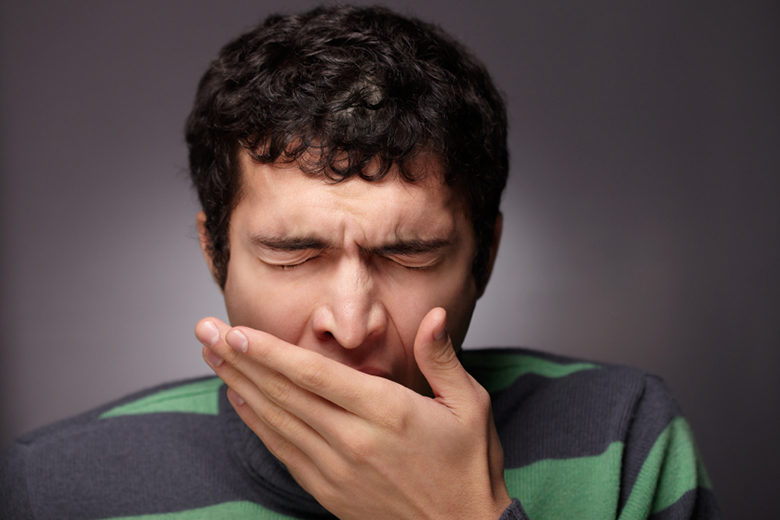
If you are stressed you don’t sleep and when you are tired you don’t always make good food choices. Where do those bad food choices lead you? You got it, back to the stress and sleep issues. There are several places to break the chain that keeps you stuck in this circuitous pathway.
As a registered dietitian I get all sorts of inquiries related to food and health. A common question is about the relationship between diet, supplements and a good night’s sleep (or lack thereof). Alcohol and caffeine consumption are two food-related substances that have an impact on sleep patterns, so that is usually my starting point: "Do you drink alcohol? Do you drink caffeinated beverages?"
Alcoholic drinks can certainly make one drowsy and help people fall asleep, but it may not keep them sleeping throughout the night. Alcohol disrupts your sleep cycle and also impacts your hydration status, which may cause you to wake up with a headache or severe thirst, depending on how much alcohol we are talking about.
Conversely, we all know that caffeine gives us a jolt of energy and many of us use that jolt to jump-start our days. But large doses of caffeine throughout the day can also disrupt your sleep. You would be surprised at how many people don’t realize the amount of caffeine they are consuming from coffee, tea, soda chocolate…and even coffee-flavored ice cream and some medications.
So how much caffeine is too much? In 2003, Canada’s regulatory agency surveyed more than 200 studies and concluded that 400 milligrams of caffeine a day was considered safe for healthy adults. In the United States, since caffeine is used in some prescription and over-the-counter medication, as well as food and drink, there is a big question mark as to how this should be regulated. In the United States, some of caffeinated drinks are considered beverages and some considered supplements — and depending on which way they're defined, products are regulated differently.
Here is a chart that includes caffeine content of some common foods, beverages and medications:
| Item | Portion Size | Caffeine (mgs) |
| Coffee | 5 ounces | 60-150 |
| Tea | 5 ounces | 40-80 |
| Diet cola | 12 ounces | 45 |
| Cola | 12 ounces | 23-64 |
| Coffee-flavored yogurt | 8 ounces | Up to 45 |
| Coffee-flavored ice cream or frozen yogurt | 1 cup | 45-60 |
| Dark chocolate | 1 bar | Up to 31 |
| Energy drink | 1.93 ounces (one shot) | Reportedly 200 mg per shot |
| Migraine medication with caffeine | 2 pills | 130 |
Many people believe that taking supplements can help with getting a better night’s sleep. Based on that notion, it is not uncommon for people to take supplements and herbs to help overcome jetlag. Some popular supplemental sleep aids include: tryptophan, valerian root and melatonin. Here’s the skinny on melatonin and tryptophan. Our body converts an amino acid, tryptophan (found in protein foods) to serotonin to melatonin, which helps us to feel calm and drowsy. Carbohydrates enhance this cycle.
So what to do? First, if you typically have a snack planned in your evening routine (Don’t just add one for the sake of trying to go to sleep, I don’t want to randomly add extra calories to your day!), try half a peanut butter sandwich on whole grain bread and some skim milk. There is little to no research out there that show melatonin supplements help people sleep better. I always say stick with the food before the pill.
In the chain of events that intertwine sleep, stress and food intake, it may be a good idea to look at what you are eating and see if there is anything you can change in your diet that may offer you a more restful night of ZZZ's — which will help to reduce your stress level and hopefully lead to healthier food choices.



